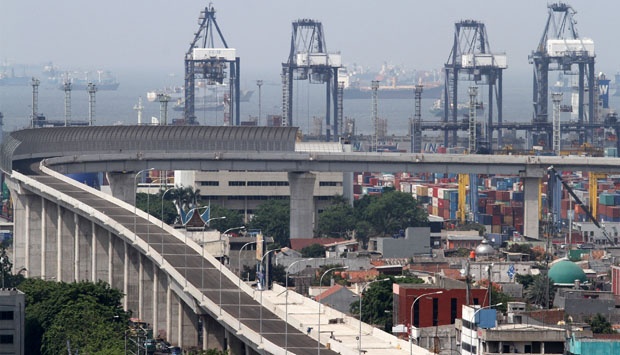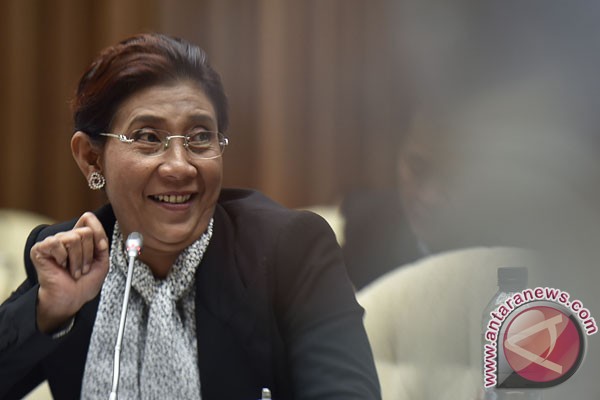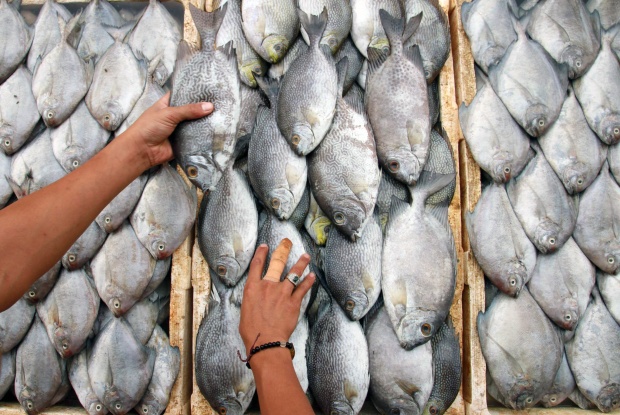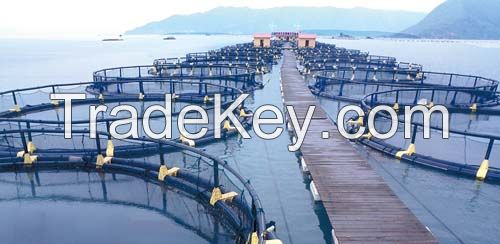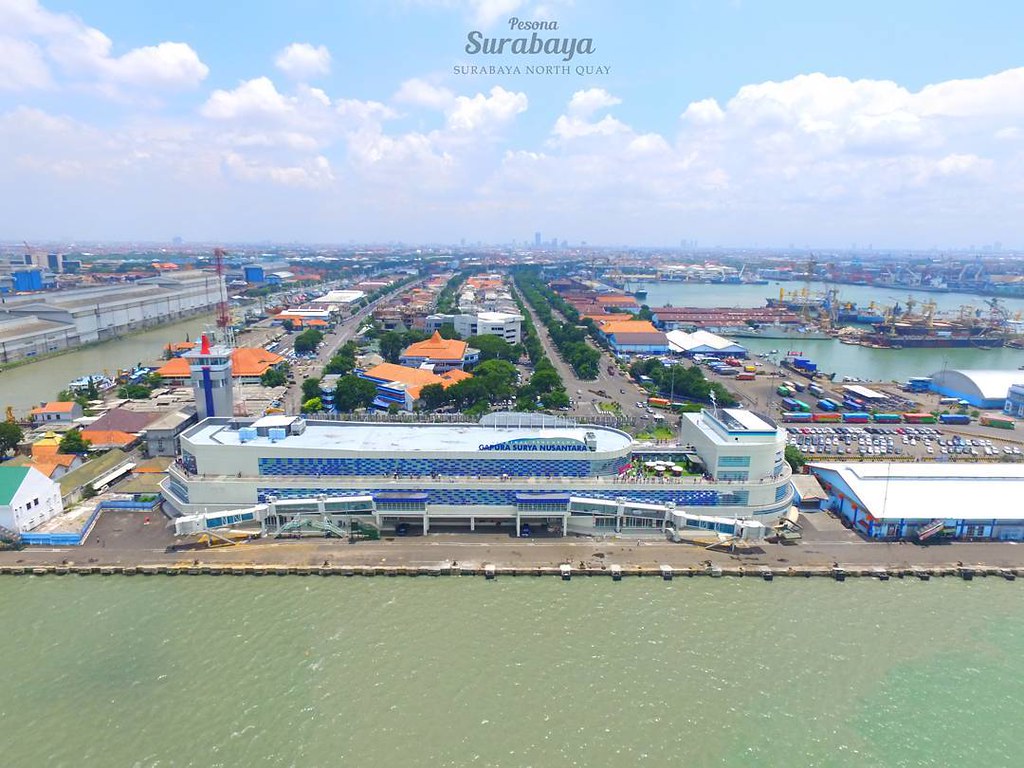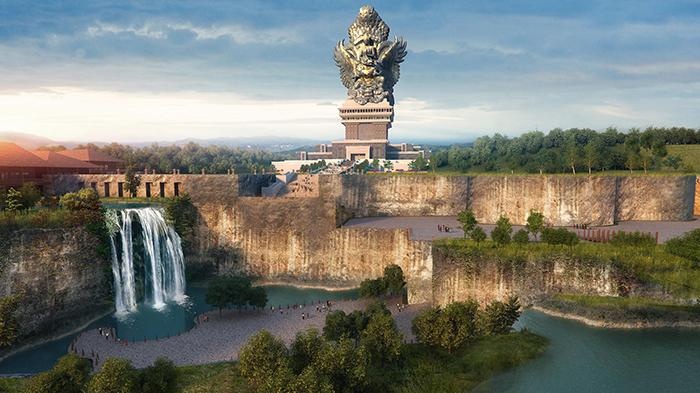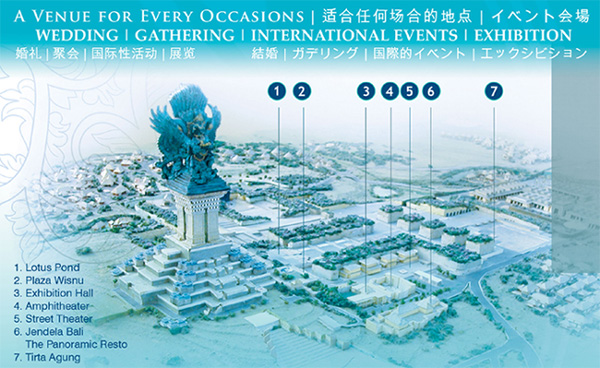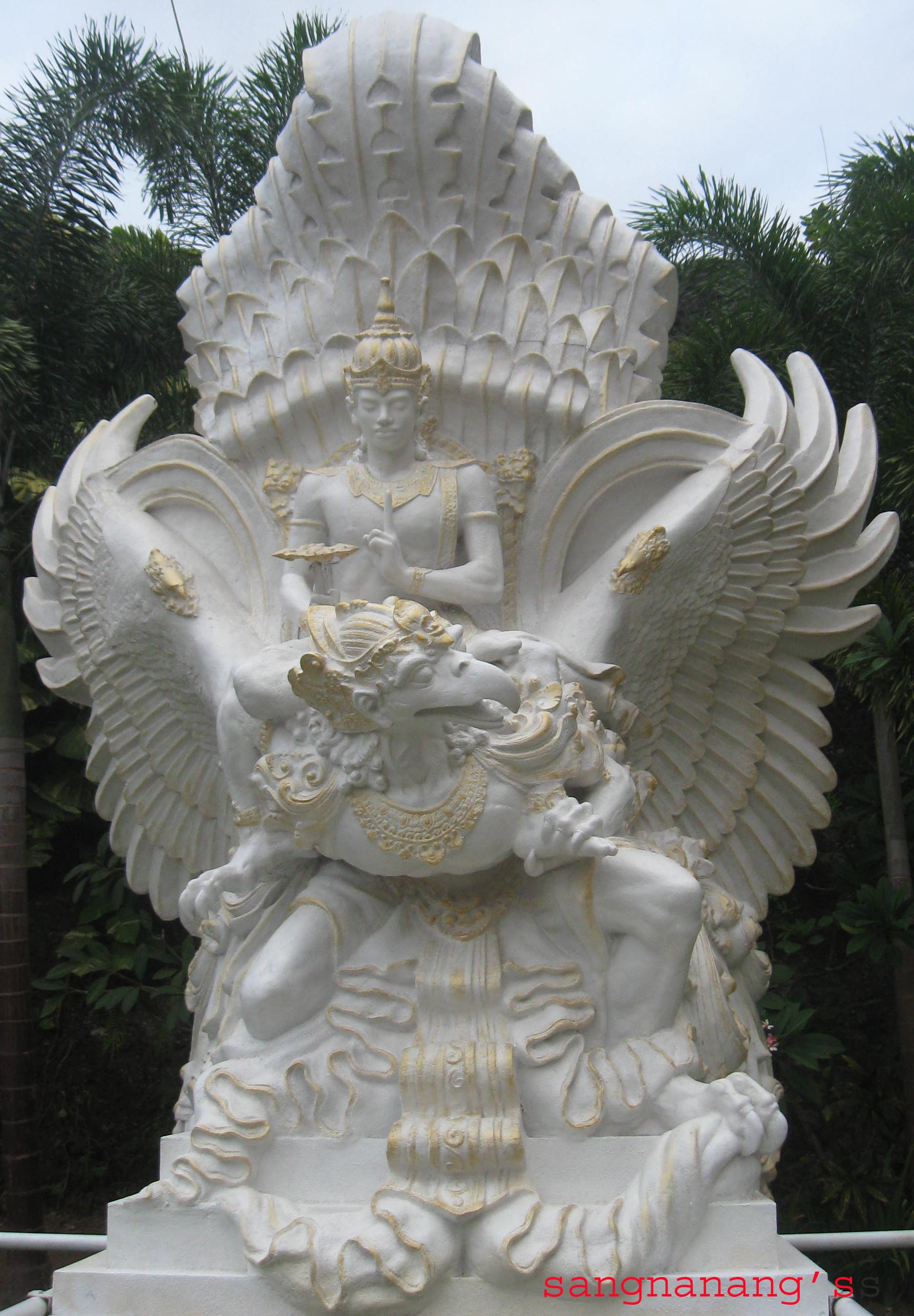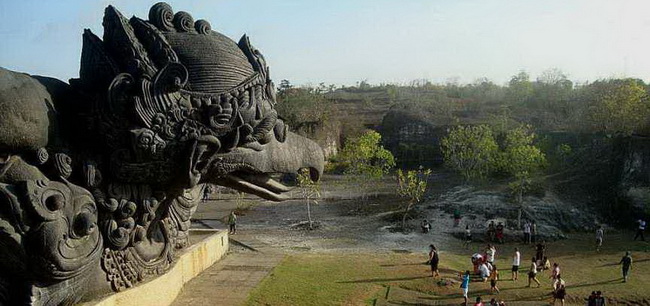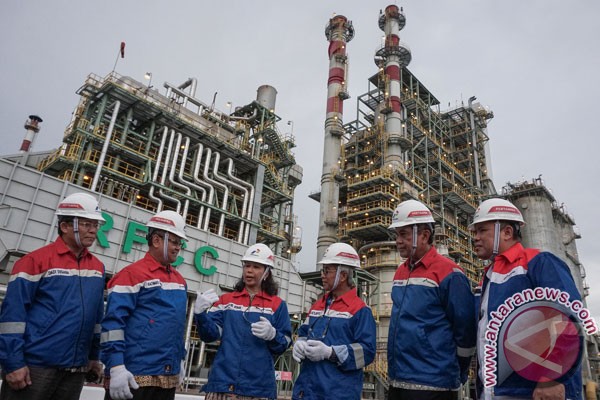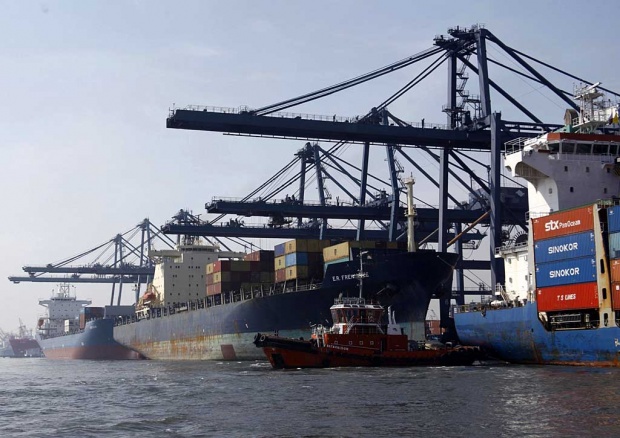apparently there will be a movie continuation for our beloved local tokusatsu, Bima-X. release date is somewhere in april 2017. first trailer will be released in early january 2017 in collaboration with the japanese Tokusatsu Ishimori Production with settings based in Japan.
source :
http://www.itokumag.com/movie-bima-x-menampilkan-banyak-karakter-baru/4935
now what's unusual is that Yayan Ruhian aka Mad Dog cast as one of the new character introduced. i suppose he takes part in the choreograpy making as well. he will be acting as Master Torga. unsurpisingly since the executive director of this movie were Gareth Evan's Brother in law.
a very good sign. looks like there will be more collaboration with Japanese based entertainment in the future.
Before
After
during press conference
some pics
i will gonna update about this news in the future.
So.. Are you a tokusatsu fan?.. Nice.

+++
Indonesia High on Shopping List as Stronger Emerging Markets Expected in 2017
Global investment fund Franklin Templeton Investments stands by a rosy outlook for emerging markets next year with Indonesian assets remaining high on the fund's shopping list.
According to the fund, emerging markets' economic growth is robust and accelerating, which could help them navigate the expected short-term market volatility induced by interest rate increase in the US, Donald Trump's presidency, UK’s progress toward leaving the European Union, or commodity-price swings.
"Emerging-market countries are still far behind their developed-market counterparts when it comes to overall GDP-per-capita, and so we continue to expect strong growth prospects over the long term," Mark Mobius and Stephen H. Dover — the executive chairman and the chief investment officer at Templeton Emerging Markets Group, a unit of Franklin Templeton Investments that manages about $23 billion in emerging market assets — said.
Additionally, Mobius and Dover are of the opinion that external balances in the emerging markets have stabilized, with current accounts in most manufacturing-based countries back to surplus, and deficits of commodity-exporting countries narrowing.
"The debt-to-GDP ratios of emerging-market countries are generally below those of developed markets, providing a more stable and, we believe, sustainable economic foundation," they wrote.
"Finally, interest-rate differentials between the two groups are wide, giving emerging-market central banks greater flexibility to maneuver, if required, in the future."
Mobius and Dover also believed that emerging market stocks are now undervalued compared to their global counterparts, noting that MSCI Emerging Markets Index now traded at more than 20 percent discount to the MSCI World Index on a price-to-earnings-multiple basis.
The emerging market mavens said that stocks in consumer-related and information technology sectors are attractive choice in the emerging markets, as they allow investors to tap into the burgeoning consumer class and competitive emerging markets.
"Elsewhere, select commodity shares remain attractively valued, in our view, even though oil prices, for example, are currently significantly above their 2016 lows," they wrote.
In the $4.8 billion Templeton Asian Growth Fund, Indonesia accounted for 14.5 percent of the holdings, after China (27.9 percent) and Thailand (22.4 percent). Bank Rakyat Indonesia, Bank Danamon Indonesia and Astra International are also among the fund's top ten holding companies.
"Indonesia is also a strong example of the resiliency in specific emerging markets. We saw commodity prices collapse, trade volumes decline and China’s growth moderate, yet Indonesia has still been growing at 5 percent, with a balanced current account when including foreign direct investment," Michael Hasenstab, chief investment officer at Templeton Global Macro, wrote.
Hasenstab said massive depreciations in emerging market currencies in 2016 did not cause solvency issues in countries like Indonesia or Malaysia.
"Twenty years ago, it may have been more difficult for many of these countries to weather a protectionist trade shock, a commodity price shock and an exchange rate shock all at the same time. Yet today these countries are in much stronger positions to handle these types of macro shifts and changes to global trade policies," he said.
A failure in Trans-Pacific Partnership, a trade partnership that president-elect Donald Trump wished the US to withdraw from, also would have little effect on Indonesia.
"Indonesia was strong without the TPP and is not dependent on an enhanced trade agreement to continue doing well. Markets have tended to follow the headline impact of trade policy rhetoric, in our opinion, yet the underlying fundamentals tell a much stronger story," Hasenstab said.
http://jakartaglobe.id/business/ind...list-stronger-emerging-markets-expected-2017/
+++
Missing The Mark: The Need To Target Indonesia-Australia Economic Relations
By Alex Horton on December 5, 2016
Foreign Affairs Minister, Julie Bishop finished her 2-day visit to Indonesia last month in what was described as an opportunity to deepen progress on issues such as economic engagement, security relations, maritime affairs and counter-terrorism efforts.
The 8th foreign visit by the foreign affairs minister represents stabilization in what have historically been rocky bilateral relations, with Bishop claiming Australia’s relationship with Indonesia has “probably never been stronger”.
The majority of the dialogue focused on issues pertaining to security relations, maritime affairs and counter terrorism efforts. Mere lip service was paid to economic engagement between the Foreign affairs minister and her counterparts with media releases signifying little development in economic relations between the two nations.
Australia’s security relationship with Indonesia has become a cornerstone of its security policy in the Asia-Pacific, largely due to the fact that Indonesia supports Australia’s stance on ensuring open and free shipping lanes in the South China Sea.
Whilst maintaining strong maritime and security relationships as well as sharing intelligence for issues such as counterterrorism is vital for the two nations, without making advances in ensuring open trade of commerce and industry the deepening of such relationships is done in vain.
Ms Bishop would have been wise to use the Indonesian visit as another opportunity to explore trade opportunities and possibilities.
Labor Treasurer spokesman, Chris Bowen recently commented that Australia needed to ramp up its economic engagement with Indonesia labeling current levels “scandously low”. Despite being Australia’s closest partner in the Indo-Pacific region, Indonesia only ranks as its 12th largest trading partner – Bowen’s comments are not too far off the mark.
With a population of 250 million, a growing middle class with expanding consumer interests and a GDP that is tipped to be the 7th largest by 2030, it is vital that Australia takes every opportunity it has to maintain momentum in Indonesia-Australia economic relations.
It should be noted that important progress has been made in the realm of economic engagement in the past three years. Both countries are in the G20, an invaluable opportunity for Indonesia and Australia to understand wider economic trends that could lead to mutual economic advantage.
March of this year saw Australia and Indonesia’s trade ministers re-engage on the Indonesia-Australia Comprehensive Economic Partnership Agreement (IA-CEPA) with a successive round of negotiations being held in August.
Lastly, representatives from Indonesia and Australia met in Yogyakarta for the 3rd Indonesia-Australia dialogue in the same month to exchange ideas about global and regional politics, the state of the nations’ economies and opportunities for innovation in business, science and technology.
With the ratification of the IA-CEPA touted to be completed by 2018 and another Indonesia-Australia dialogue scheduled for the same year, there is no doubt that Australia’s economic relationship with Indonesia is taking great strides.
Nonetheless, if the relationship is to gain meaningful economic outcomes, it is vital that Australia’s foreign service pursues a far more targeted approach, tailored to the interests and needs of Indonesia’s economy as well as promoting services that encourage people-to-people ties.
The economic development policy of current Indonesian President Joko Widodo (Jokowi) has been built on a mandate of economic nationalism – inwards facing policies that have been designed to protect Indonesian business from foreign competition.
This has mainly been achieved through utilizing state-owned enterprises (SOEs) in order to implement infrastructure projects Jokowi sees vital to building Indonesia’s economy. With the lofty goal of bringing Indonesia’s economic growth rate to 7 per cent, it is unlikely that Jokowi will be able to implement his economic legacy on his own. Foreign direct investment is likely to play a key part and due to the proximity of the two countries, Australia should be primed to take advantage of such circumstances.
As a resource, service-based economy, the need for infrastructure development seems to be an excellent opportunity for our nation, providing a means for Australian contractors with experience in delivering large-scale projects to expand overseas.
It would prove wise for Australia to additionally look to opportunities that are able to develop vital people-to-people links and provide a platform for a greater working relationship with Indonesia in the future. Building on the success of the New Colombo plan through further encouraging student-to-student interaction would aid in fostering a more nuanced cultural understanding between future delegates.
Another area Australia can make improvements is utilizing its broad research base of academics and scientists to help innovation, policy construction and development in Indonesian sectors as wide-ranging as science, technology and agriculture.
Leveraging such advantages is a practical approach to overcoming any barriers that may be in existence due to Indonesia’s inwards looking economic development policy.
Implementing such agreements is likely to be a long, arduous process, as it will require cooperation from Indonesia’s often-ineffective bureaucracy in order to establish initial links. This is why Australia must take every opportunity it has -including Bishop’s most recent foreign visit – to continue momentum in economic relations.
Through adopting a more targeted approach in setting up new economic links, Australia’s foreign service will be in a better position to get initial links established.
https://newmatilda.com/2016/12/05/m...arget-indonesia-australia-economic-relations/
++++
.
Indonesia economy facing test as it juggles globalism and nationalism
By Kyunghoon Kim, The Jakarta Post/ANN
December 10, 2016, 12:20 am TWN
LONDON -- Indonesia has avoided the wave of hyper-globalization over the past two decades and remains relatively closed off from the world economy.
Indonesia is ranked 108th out of 140 countries in the DHL Global Connectedness Index 2016, which measures a country's level of integration with the global economy through the flow of trade, capital, information and people. Indonesia's rank has stayed more or less the same over the last decade, and is currently far below that of its neighbors such as Singapore (second) and Malaysia (19th), and of other major developing countries such as Brazil (57th), China (68th) and India (78th).
YouGov recently announced the result of a survey on people's attitudes toward globalization across 19 countries. Surprisingly, 72 percent of Indonesians answered that globalization is "a force for good" in the world. This figure was among the highest in all the countries surveyed and aligned with the responses of more open economies in the region, such as Malaysia (73 percent) and Singapore (71 percent).
However, the survey results for Indonesians were confusing. Despite their strong support of globalization, a staggering 78 percent of Indonesians agreed with the statement, "My country should be able to meet all of its own needs without needing to rely on imports from other countries." This figure was the highest in the sample and twice the average. The third-highest percentage across countries, 42 percent answered it was unacceptable for foreign investors to buy domestic companies. Just 12 percent, the lowest in the sample, agreed that immigration had a positive impact on their country.
Facing this mixed situation, the government under President Joko "Jokowi" Widodo is juggling globalism and nationalism in economic policymaking.
On the one hand, Jokowi is greeting foreign companies with open arms, at least in rhetoric and on paper. He has been enthusiastically marketing the country's growth potential and investment opportunities in the global business sphere and has promised to improve the regulatory environment.
The government has announced 14 economic stimulus packages since September 2015, with policies to cut red tape and to deregulate. These policies have helped Indonesia move up 15 places from last year in the World Bank 2017 Doing Business Index.
The 10th economic stimulus package in February 2016 caught the eyes of international investors in particular. The government removed 35 sectors from the Negative Investment List, allowing 100 percent foreign ownership in these sectors. Other liberalizing measures included the government's attempt to break the monopoly of Pertamina in oil refining and PLN in electricity distribution.
On the international stage, the government has emphasized its commitment to global integration and has shown interest in regional trade agreements. Indonesia reactivated free trade talks with Australia in March and officially launched free trade talks with the EU in July. In November, Indonesia proposed the idea of setting up a new trade bloc between ASEAN and the Pacific Alliance at the APEC meeting.
On the other hand, Jokowi has adopted nationalistic economic policies that fall under the following three categories. First, Jokowi is emphasizing the importance of self-sufficiency. More precisely, the government wants to reduce import dependency and increase domestic production in a range of products, from beef to smartphones. This has resulted in adopting numerous non-tariff measures, such as local content requirements.
Second, Jokowi's economic development strategy contains many characteristics of state capitalism that are found in other major emerging economies. The administration has put state-owned enterprises in charge of leading infrastructure development and reviving industrialization. It recognizes state firms as agents of development and is providing strong support for their business expansion.
The Indonesian government needs to keep in mind that the success of its development strategy depends on striking a balance between globalism and nationalism. There are benefits to taking a cautious approach when opening borders, but Indonesia should not underestimate the benefits of globalization. The government should also bear in mind that hybridizing seemingly dichotomous sets of policies will require strong institutional and administrative capacity.
http://www.chinapost.com.tw/commentary/ann/2016/12/10/486299/Indonesia-economy.htm
.







